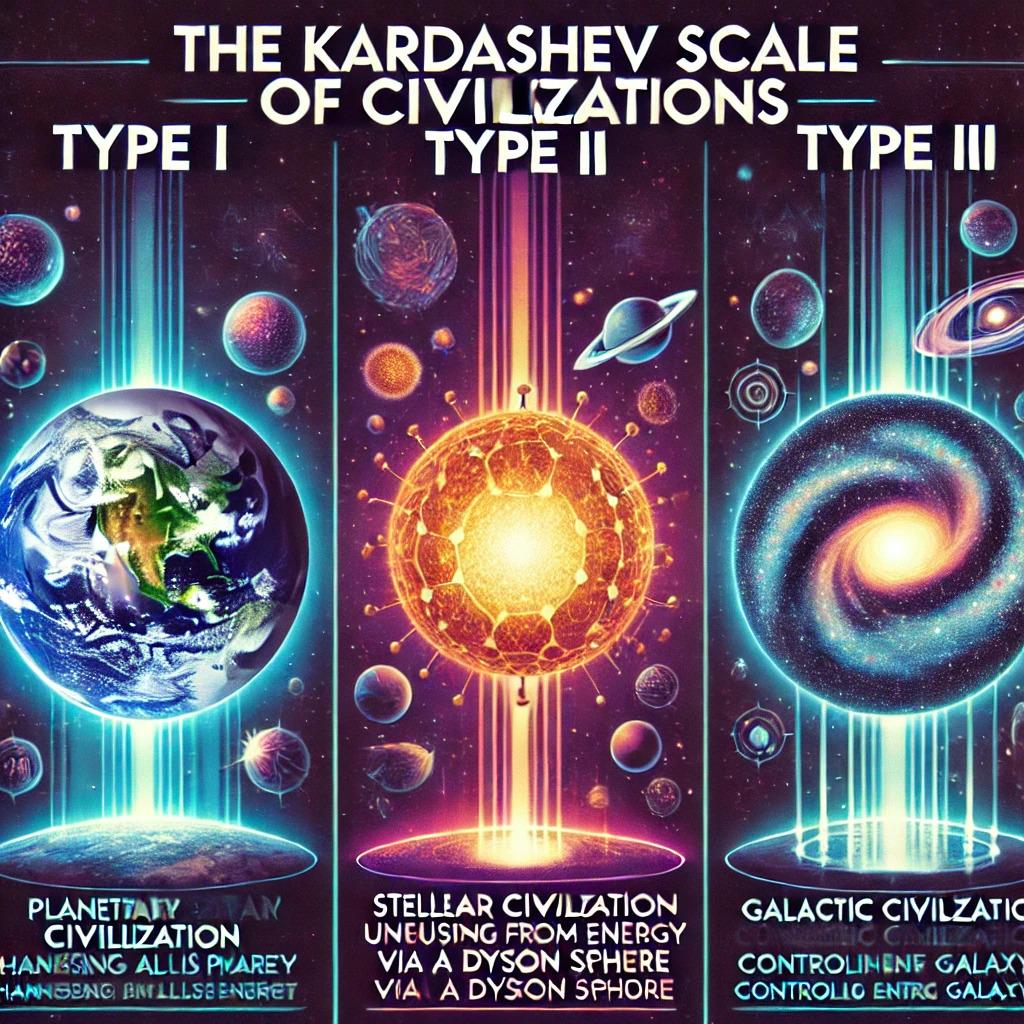Is it Fair/logical to deny the existence of God through science?
Category: Other.
Date: February 2023
Views: 904
Science is an incredibly powerful tool for understanding the natural world, but it has its limitations when it comes to addressing subjects that are outside of its scope. Science operates on a strict empirical method, relying on observation, experimentation, and replication to generate knowledge. This empirical method works well for many aspects of reality, but there are certain questions that are beyond the reach of empirical evidence, and science cannot provide definitive answers for them.
One of the primary limitations of science is that it can only address questions about the natural world, and not the supernatural. Questions about the existence of God, heaven, hell, and the afterlife are beyond the reach of scientific investigation. Science can make observations about the physical world and can study the effects of religious practices and beliefs, but it cannot provide proof or evidence for the existence of a supernatural realm. These questions fall into the domain of philosophy and spirituality, where they can be explored through different means.
Another limitation of science is that it is limited by the quality and accuracy of the data that is available. Science is based on observation, but some phenomena may be beyond our ability to observe, or the data that we do collect may not be reliable. This can lead to limitations in our understanding of certain subjects and can result in conflicting or incomplete theories. For example, science has yet to provide a complete and satisfactory explanation for consciousness and the nature of the mind.
Furthermore, science is limited by its own assumptions and methodologies. Science operates under certain assumptions about the natural world, such as determinism and the uniformity of nature. These assumptions can shape the way that scientists think about certain subjects and can limit the conclusions that they are able to draw. Additionally, the scientific method requires a certain level of precision and control that is not always possible, particularly when studying complex systems such as the human mind or society.
In conclusion, while science is an incredibly powerful tool for understanding the natural world, it has its limitations when it comes to addressing subjects that are outside of its scope. Science is limited by its focus on empirical evidence, its reliance on observation, and its own assumptions and methodologies. Non-empirical subjects such as the existence of God and the nature of consciousness are beyond the reach of scientific investigation and are better suited to other disciplines such as philosophy and spirituality.
Despite its limitations, science can still lead the way to deeper understanding and appreciation of non-empirical subjects. For example, the concept of a fine-tuned universe, where the physical constants and laws of nature seem to be perfectly calibrated for life to exist, has been used as evidence for the existence of a Creator. Similarly, the phenomenon of consciousness, which is not reducible to mere physical processes, has been used as proof for the existence of something beyond matter. Science can provide us with intriguing hints and possibilities, but it is ultimately up to individual interpretation and belief to determine the ultimate meaning and significance of these subjects.





















0 Comments, latest